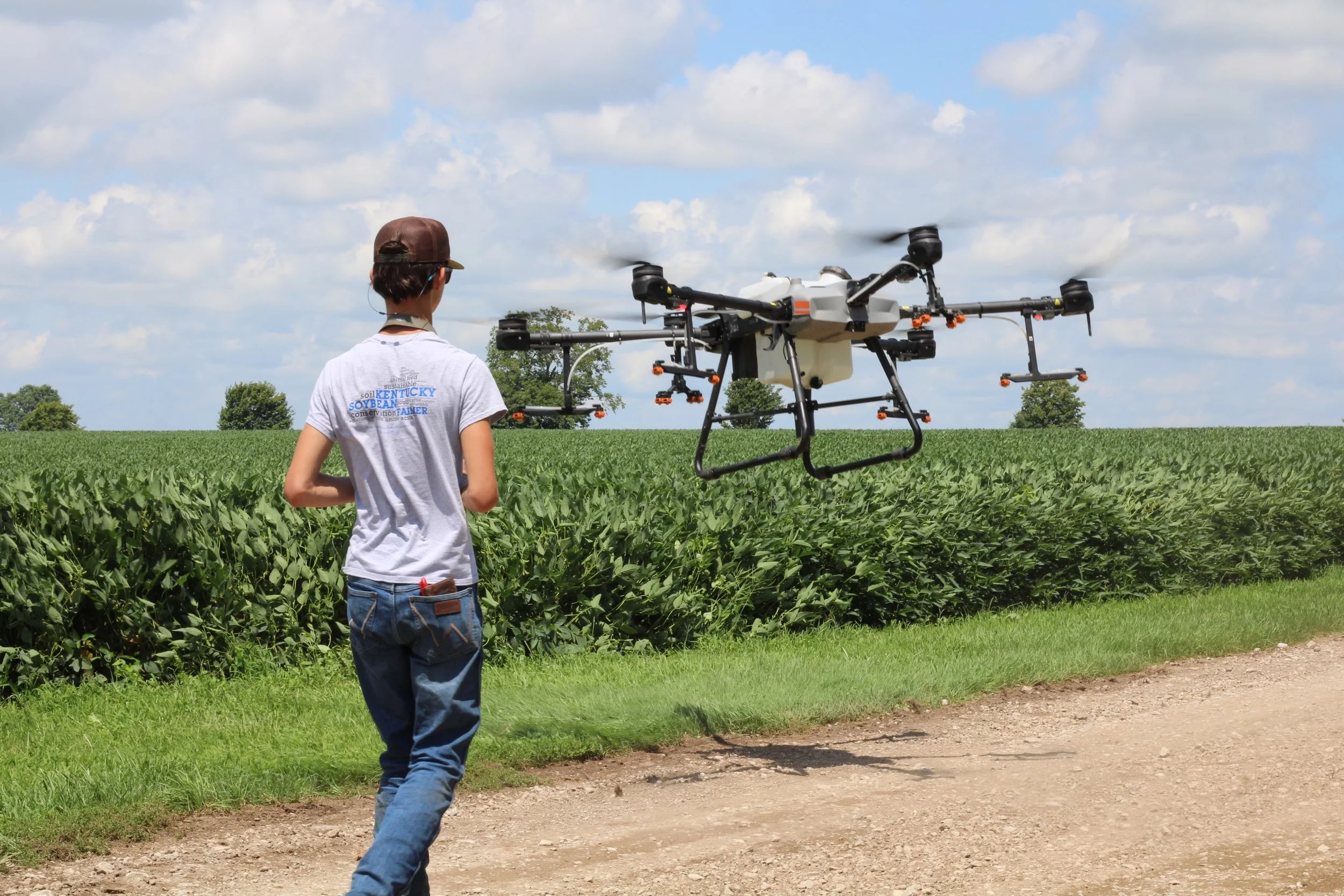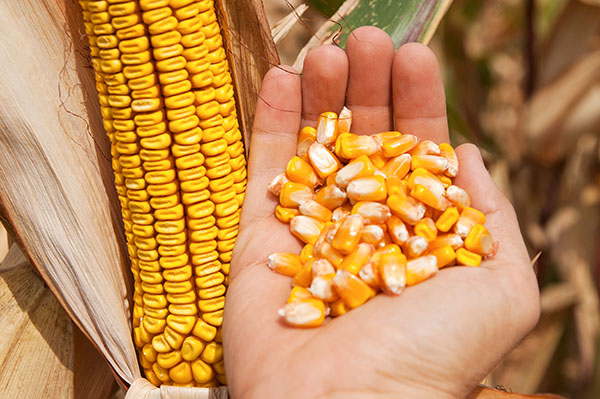Study, published Dec. 13 in Science Advances, involved the first on-site – rather than in a lab – demonstration of the technology.
Read More“Please join me as we celebrate seven recent advancements that have changed how we farm for the better.”
Read MoreFrom biosensors to data analytics and AI, modern dairy farms are embracing technology to ensure cow health and well-being.
Read MoreDiscovery offers a substantial understanding of how legumes have evolved.
Read MoreResearchers at the University of Kentucky Center for Applied Energy Research (CAER) are investigating a new technology that they hope will give new life to Kentucky’s oil and natural gas wells.
Read MorePaducah was selected based on the wide breadth of agriculture, a rapidly-expanding STEM related workforce, and the incredibly supportive nature of the community.
Read MoreWe all know that greenhouse gas (GHG) emissions must decrease rapidly to limit global warming and prevent catastrophic climate change. The transportation sector is a big contributor to GHG emissions (approximately 30% of the US total emissions) and biofuels can play a significant role in reducing these emissions.
Read MoreThe University of Kentucky, Martin-Gatton College of Agriculture, Food, and Environment, is working to uncover the mysterious world of gene silencing in plants. Thanks to this research, scientists may develop more effective ways to improve crop yields, increase resistance to pests and diseases, and reduce agriculture’s environmental impact.
Read MoreDiscover how robotics is revolutionizing agriculture in Kentucky. From precision farming and crop monitoring to livestock management and data-driven decision-making, robots are enhancing efficiency, productivity, and sustainability in the state's farming practices. Embrace the transformative power of robotics and unlock the potential for a prosperous and sustainable future in Kentucky's agricultural landscape.
Read MoreThe USDA Natural Resources Conservation Service (NRCS) continually works with farmers across the country in the pursuit of improved water quality and finding ways to reduce plant nutrients and soil entering our nation’s waterways. The NRCS national Edge-of-Field Monitoring program, begun in 2013 and conducted in impaired watersheds across the country, measures best management practices to reduce surface water runoff from agricultural lands.
Read MoreNetwork security is the backbone of digital operations, and farming is no exception. As farming equipment becomes more interconnected, the potential for cybersecurity breaches increases. A breach could compromise a farm's operations, leading to substantial financial losses and even potential safety risks.
Read MoreFarmers are always thinking, and many spend a great deal of time trying to figure out how to bring their kids back to the farm or how to make their operation such that there is enough cash flow to support the next generation. One component of the agriculture industry that is especially appealing to younger farmers is that of precision ag.
Read MoreWith the rise of digital technologies, the attack surface for potential cyber threats has expanded. Cybercriminals can exploit vulnerabilities in connected farming equipment, data storage systems, and digital supply chains to cause severe damage. This could range from disrupting farming operations and stealing sensitive data to holding an entire supply chain hostage via ransomware attacks.
Read MoreThe agriculture industry, once synonymous with traditional farming techniques and manual labor, has transformed dramatically in the 21st century. Today, it integrates sophisticated scientific methodologies, modern technologies, and innovative practices. The agricultural landscape in Kentucky, known for its rich farming history and diverse agricultural output, has become a fertile ground for budding scientific careers.
Read MoreIn the heart of Kentucky, where verdant fields stretch as far as the eye can see, a quiet revolution is unfolding. The traditional agriculture sector, once dominated by manual labor and basic machinery, is increasingly embracing technology. And with this shift, the demand for tech-savvy professionals in agriculture is growing exponentially.
Read MoreIn the heart of the Bluegrass State, Kentucky, farmers are experiencing a technological revolution that is transforming their industry. Unmanned aerial vehicles (UAVs), commonly known as drones, have become indispensable tools in modern agriculture.
Read MoreHow do genetically modified crops affect the environment? TeachKyAg went to GMOanswers.com, a resource widely supported by its partners, to answer this question.
Read MoreAlong the rivers that snake across the Commonwealth, you’ll find a University of Kentucky researcher taking samples to study the health of the water flowing through the state.
Read MoreAs Barry Alexander drives a tractor across a soybean field on Cundiff Farms, his eyes are on a computer screen that shows his precise location, the speed of the tractor, exactly how much seed is being planted per acre and more. He can watch the screen closely because the tractor uses autosteer to move across the field in a straight line.
Read MoreGene editing is a technology that’s making headlines for the variety of ways it can be used to improve food and benefit the environment. This is an especially exciting time as scientists are seeing their research applied in the field, leading to food that is healthier, better quality and more sustainably produced.
Read More



















